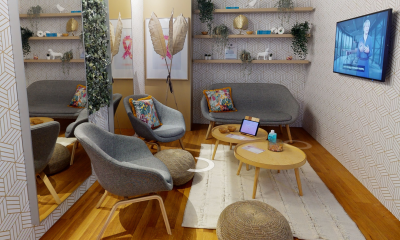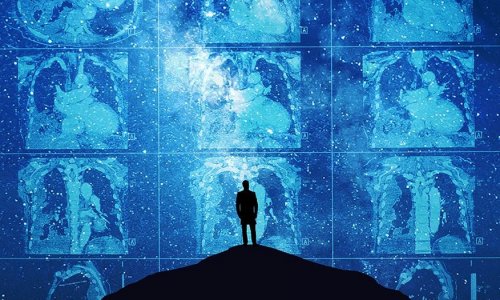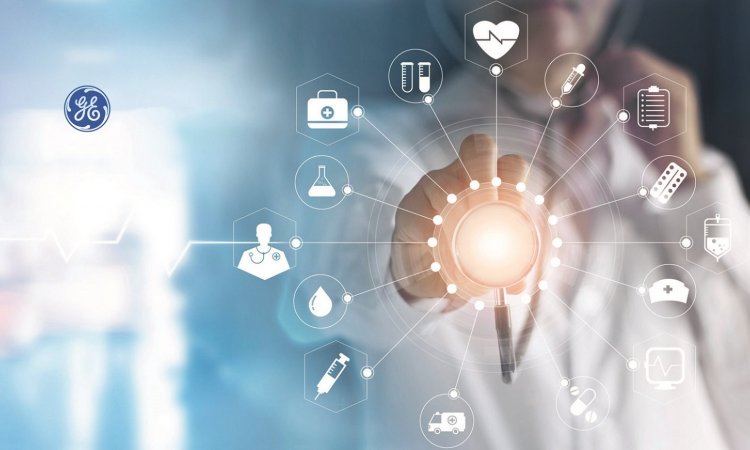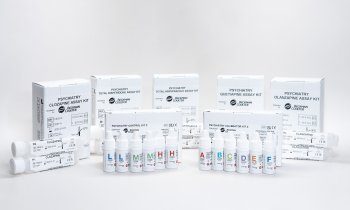Finding new ways of monitoring elderly patients at home
Hungary is going to start a major new collaborative research programme to transform the care of elderly citizens was announced in Hungary. A broad consortium of private and public sector organisations, led by GE Healthcare has secured HUF 895 million (US $4.2 million) from the Hungarian government to research and develop new ways of monitoring the health of elderly citizens in their own homes. GE Healthcare will invest an additional HUF 238 million (US $1.1 million) in the programme.

Beginning in 2008, the three year programme will bring together the expertise of healthcare companies with leading academic institutions. The consortium will develop integrated systems and processes for the remote monitoring of the health of elderly citizens, particularly those who suffer from neurological diseases such as stroke, dementia and depression. The consortium will also research and develop remote telemonitoring systems which monitor both activity levels and vital signs such as blood pressure and heart rate, alerting caregivers to changes that may signal potential health issues or emergency situations.
The consortium, led by GE Healthcare, includes Hungarian healthcare industry members Mednet 2000 Ltd. and Meditech Ltd., together with the University of Pannonia at Veszprem, the University of Szeged and the Budapest Tech Polytechnical Institution. The consortium will employ 71 researchers and associates, and will create 23 new jobs in Hungary.
Welcoming the programme, Dr. Károly Molnar, Minister without Portfolio for Research, Science and Innovation in Hungary, said “This program offers an important opportunity for Hungary to take part in the development of innovative technologies to help older people. The rapidly aging population of Europe, including that of Hungary, requires new research to enable elderly citizens to stay in their own homes for as long as possible, as this is a really cost-efficient form of delivering healthcare. The Hungarian government is providing financial support to help the implementation of new ideas in the field of integrated homecare because enhancing the security of the elderly is fully in line with the government’s economic development strategy. Having an understanding of the demographic trends in Europe, we are confident that the members of the consortium - the global company GE, two Hungarian companies and three Hungarian universities- will be able to develop new info-communications tools and technologies that can be marketed not only in Hungary, but also in Europe and other countries worldwide in the future."
Omar Ishrak, President and CEO of GE Healthcare’s Clinical Systems business commented, “We are excited to make this investment in Hungary and to be chosen as the leading member of the consortium. Demographic changes such as growing aging populations present enormous healthcare challenges in the care of elderly citizens and the prevention and management of chronic disease. The consortium members are looking forward to working together to drive innovation in this emerging area. We have a shared vision that this project will ultimately transform the lives of elderly citizens.”
Home healthcare is a key business focus for GE Healthcare. The company has a strategic relationship with Living Independently Group, a provider of passive monitoring systems used to assist in the care of the elderly. In March 2008 GE Healthcare acquired VersaMed Corporation, a provider of portable critical care ventilators for respiratory care which can be used in the home setting. GE Healthcare also has significant expertise in healthcare IT and medical engineering, as well as active research programs in telecare at the GE Global Research Centres.
Demographic changes across Europe - such as the rapid increase in the number of elderly citizens and the rise in the number of elderly people living far away from their relatives – are driving healthcare policy makers to explore new approaches to the effective care of the elderly, with a particular focus on prevention and early diagnosis. Remote patient monitoring offers the potential for more effective care by allowing caregivers to monitor vital signs, medication compliance ,and activity patterns over time, and to be alerted when there is a change from normal levels which may indicate a fall, illness or other emergency. . Hungary already has advanced prototype remote patient monitoring networks installed in towns and cities across the country, which the consortium will use as a basis for further development.
Picture: Claudia Hautumm ; Pixelio.de
26.11.2008









